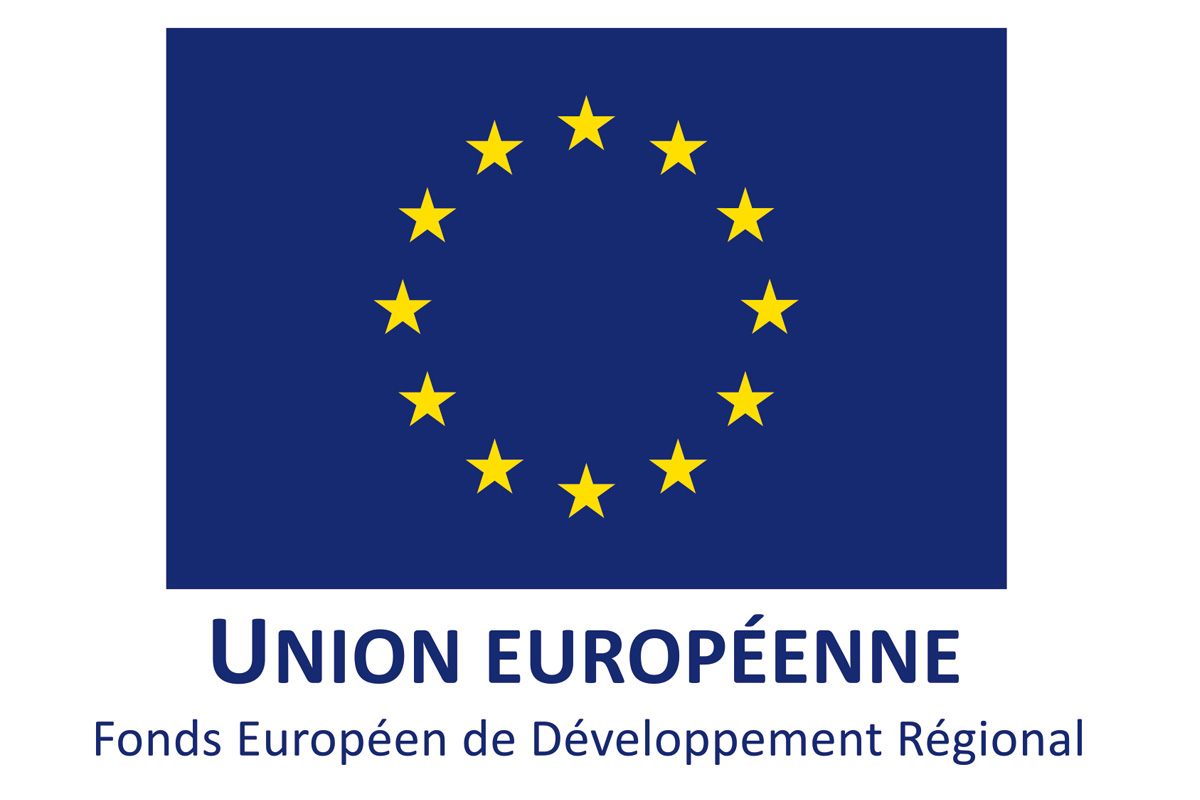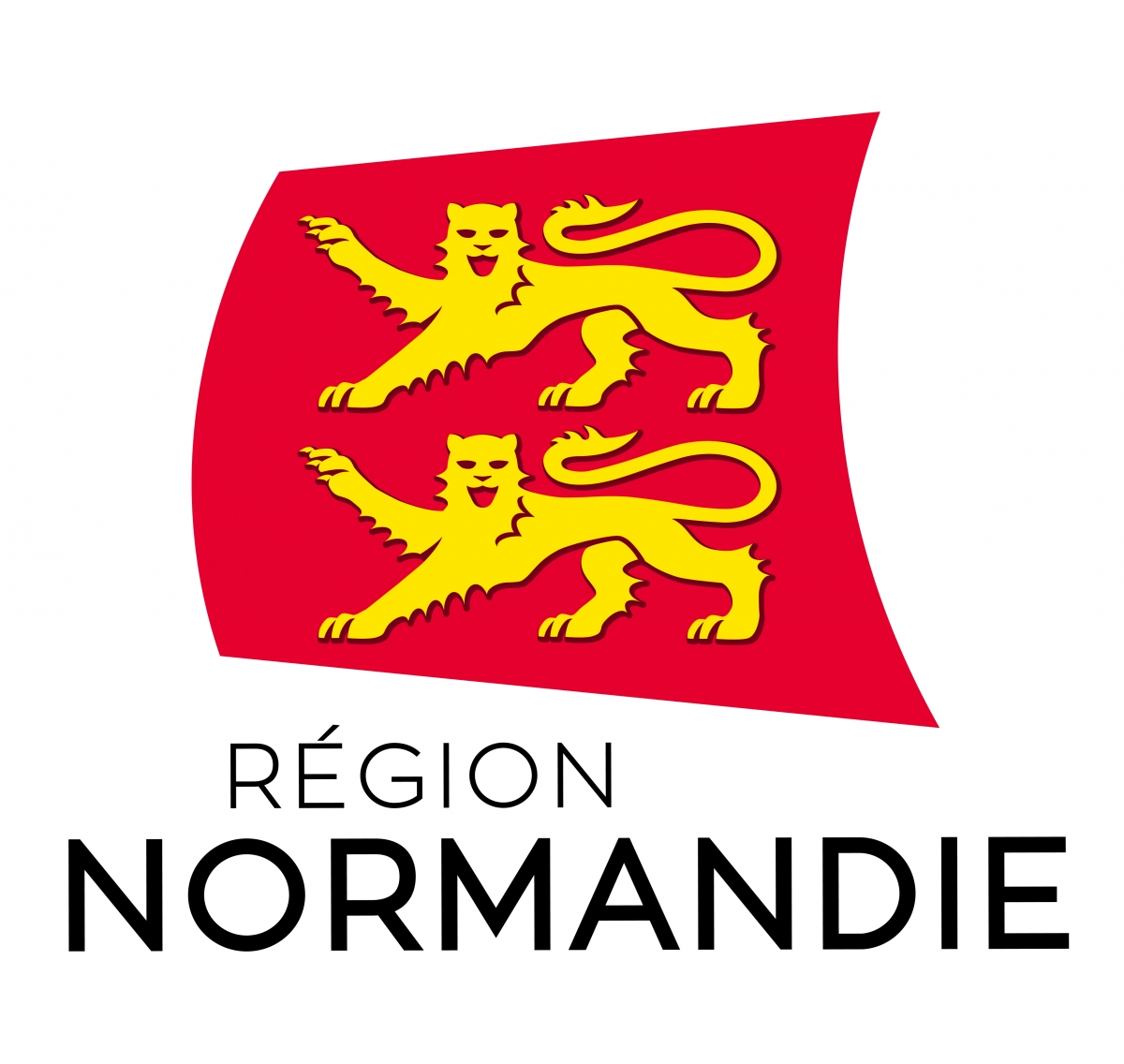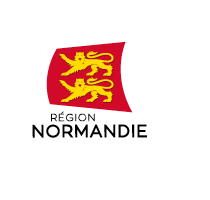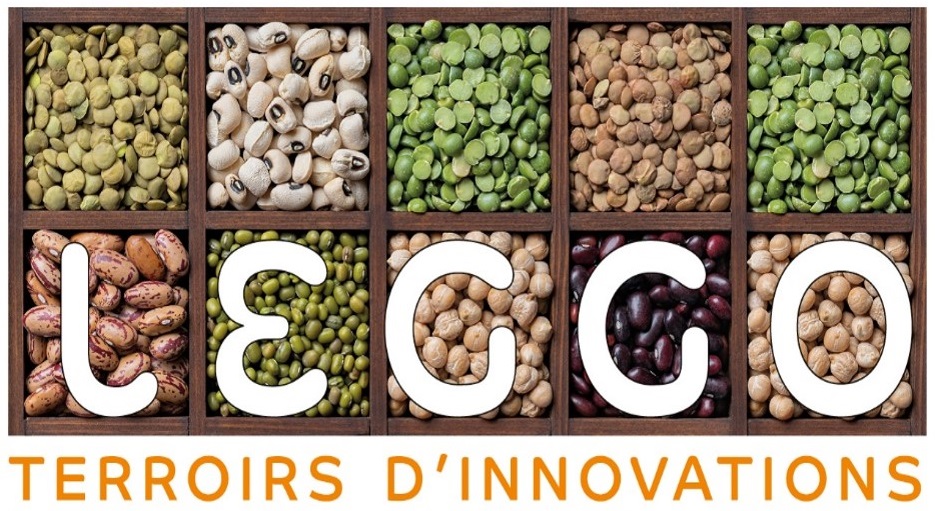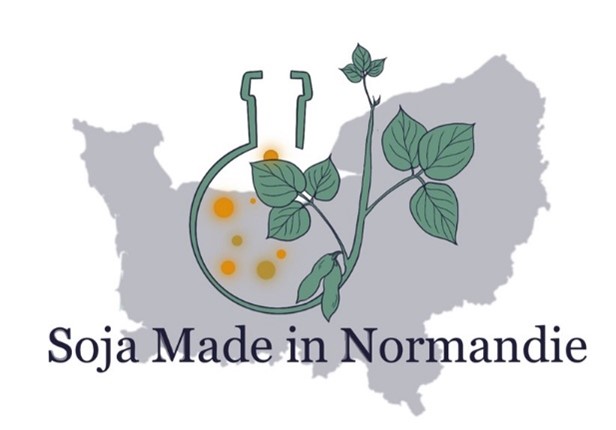
Soja made in Normandy (SMN)

Completion date:
From June 2020 to July 2022
The project leaders:
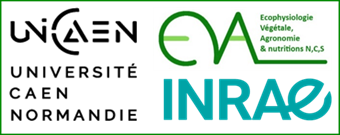

Partners:
UMR 950 INRAE/UCN Plant Ecophysiology and Agronomy, University of Caen Normandy
Terres Inovia
Unities AGHYLE & INTERACT (UniLaSalle)
Unity EA4358 Glyco-MEV (University of Rouen Normandy)
The Cooperative of Agrial
Agrauxine by Lesaffre Society
Via Vegetal Society
The project also relies on two service providers: the Regional Chamber of Agriculture of Normandy and the Cooperative of Creully.
Project description:
Facing the increasing demand of proteins for animal and human nutrition (vegetarian and vegan diets), the development of oilseed crops (soybean, rapeseed, sunflower, pea, field bean, lupin, flax, etc.) represents a major challenge. The realization of this Soja made in Normandy project is a reply to the French and European needs to get back a protein sovereignty and it is fully in line with the prerogatives of the revival plan on plant proteins, the PIA 4 Pulse Proteins and more globally in the national strategy “Sustainable and healthy food”.
Objectives:
Expected results (economic, environmental, social):
The selection of very precocious soybean varieties adapted to the soil and climate conditions in Normandy will allow the insertion of soybeans in the crop rotations in Normandy. This will increase the diversification of Normandy’s agricultural crops, and the production of quality plant proteins for animal and plant nutrition. Screening of natural biostimulants applied as seed treatments revealed beneficial effects on germination rate at low temperature. The in-depth study of the seed proteome has shown that this biostimulation of germinative strength is accompanied by a metabolic awakening likely to promote the raising, the resistance to environmental stress at implantation (tolerance to low temperatures, limitation of weeds) and the establishment of symbiosis (increase of the number of atmospheric nitrogen fixative nodules) to increase ultimately the yield and grain quality of soybean in Normandy.
Project recognition (award, winner, etc):
International conference:
- Besnard J,Bosse C, Chambard M, Boulogne I, Lyver A, Bressan M, Maignan V, Albert B, Picard L, Chenault JP, Avice JC (2021). Biostimulant seed treatment to enhance germination, symbiosis establishment and early growth of soybean subjected to low temperature. 5th Biostimulants World Congress, Miami, USA, nov. 29th – – dec. 2nd 2021 (Oral communication, 20 min + Poster).
National conference:
- Bosse C, Besnard J, Maignan V, Géliot P, Avice JC (2021). Impact des biostimulants en pelliculage de graines sur la vitesse de germination du soja et son réveil métabolique en réponse aux basses températures. 8ème Colloque Graine, Réseau Français de Biologie desGraines, Lyon, oct. 25th – 27th, 2021 (Oral communication, 15 min).
Project perspectives:
The most promising very precocious varieties and biostimulant compositions for soybean crop in Normandy will be re-evaluated in laboratory and the field in 2022, including under organic farming conditions. The aim of these experiments is to confirm the practicability of soybean in Normandy, and to define the best cultural practices to optimize the yield and quality of soybean, including organic, in Normandy.
Financing:
Region and EAFRD
